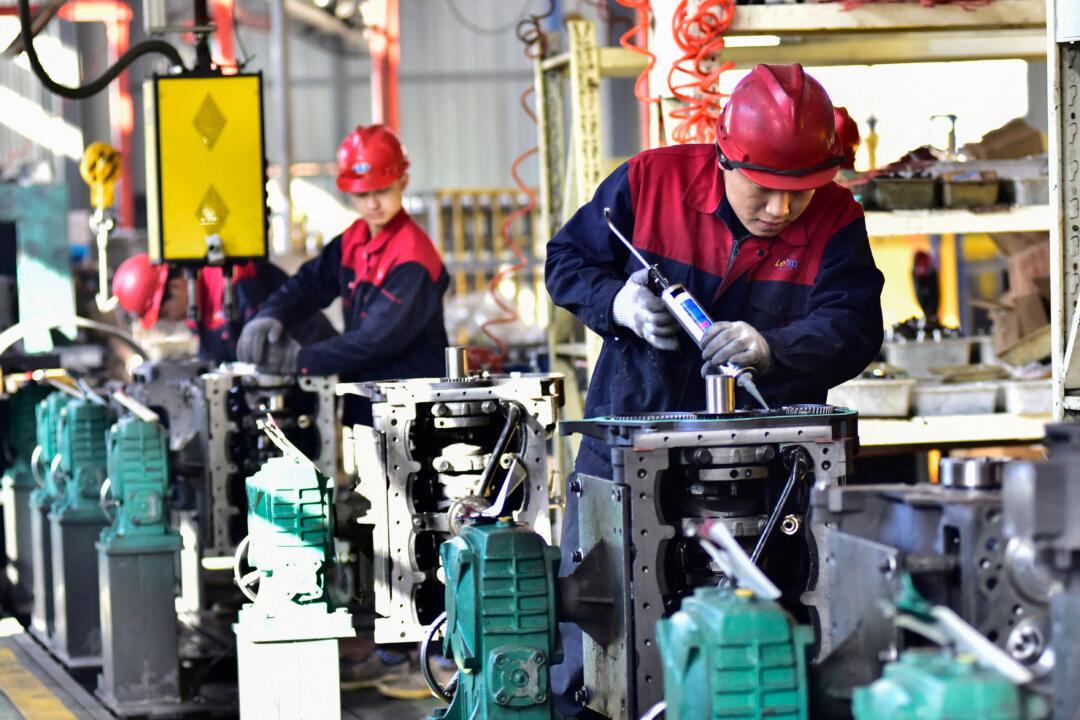News Analysis
China is indoctrinating a new concept, “new productive forces,” which was seen in a recent meeting presided over by the paramount leader Xi Jinping and the work report of Premier Li Qiang during the Two Sessions. Experts suspect the new narrative is tailored to diverge from Western models, effectively glossing over the failing economy stemming from the Chinese Communist Party’s (CCP) system.




